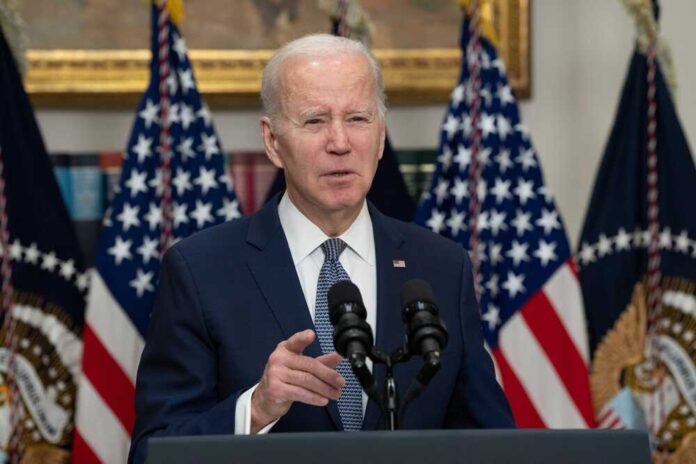
Since Hamas attacked Israel on October 7, there has been an upsurge in hate-fueled attacks targeting Arab and Muslim Americans. However, the White House’s efforts to develop a plan to combat Islamophobia have encountered resistance. Supporters of Muslims and Arab Americans have been critical of the Biden administration’s handling of the situation in Gaza, pointing to the rising death toll of civilians and President Biden’s reluctance to demand a halt to the fighting.
Although he has experience working with the Biden administration, Muslim Public Affairs Council president and American Muslim Community Coalition member Salam Al-Marayati is wary of continuing to do so.
On November 1, the White House stated that the Domestic Policy and National Security Councils would be leading the effort to create a national strategy to combat Islamophobia. A senior government official said that discussions and gatherings on creating the anti-Islamophobia plan go back one year. Meetings with community stakeholders will continue throughout the year, and more are planned for the beginning of next year. This is an initiative by the White House interagency policy group against antisemitism, Islamophobia, and other forms of prejudice that was established in December 2022.
Some are skeptical, but others believe it’s critical to keep fighting prejudice and finding solutions to the structural issues that have plagued Arab and Muslim communities for years.
In response to concerns about the announcement’s timing, the senior administration official clarified that the White House intended to reveal the strategy’s development before October’s Hamas assault. According to the source, months of meetings and discussions with several Arab American and Muslim organizations had already taken place before the incident. The source continued by saying that the increased number of hate-motivated anti-Muslim crimes in the US, such as the fatal stabbing of a 6-year-old Palestinian American kid in the Chicago region, necessitated the strategy’s announcement.














